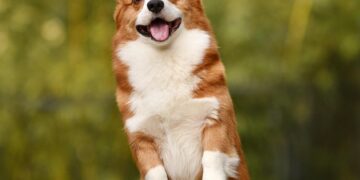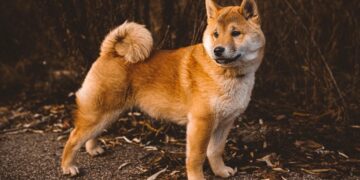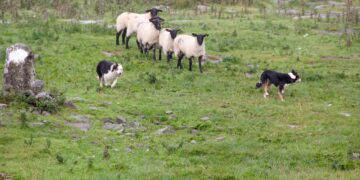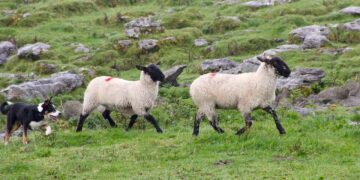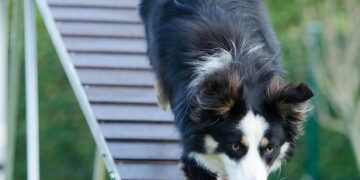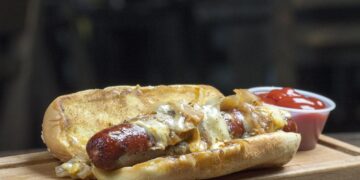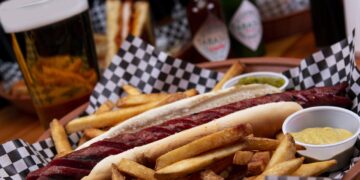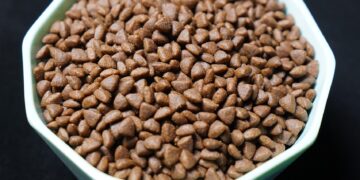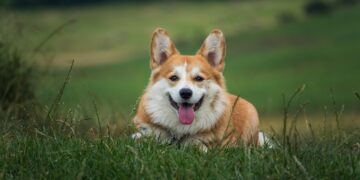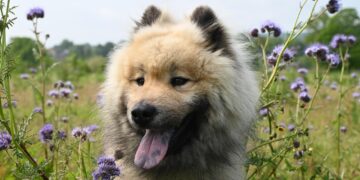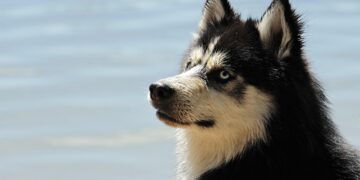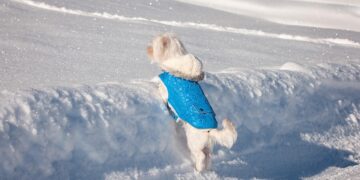Discover Healthy Snacking: What Can Dogs Eat Besides Dog Food?
As pet owners, we often think of dog food as the sole nutritional source for our furry friends. However, incorporating some human foods can provide variety, extra nutrients, and joy to your dog’s diet. Here’s a guide to what snacks you can share safely with your dog, enhancing their meals with healthy options.
Understanding Dogs’ Dietary Needs
Before introducing new snacks to your dog’s diet, it’s crucial to understand their dietary needs. Dogs are omnivores, meaning they eat both meat and plant-based foods. A balanced diet for a dog includes proteins, carbohydrates, fats, minerals, and vitamins. While commercial dog foods are formulated to meet these needs, adding certain human foods can supplement their nutrition and provide health benefits.
Key Nutrients in Dogs’ Diet
- Proteins: Essential for growth, maintenance, and energy.
- Fats: Provide energy, keep the skin and coat healthy.
- Carbohydrates: A source of quick energy.
- Vitamins and minerals: Support bone health, nerve function, and overall cellular functions.
Safe and Healthy Human Foods
Not all human foods are safe for dogs. Some can be toxic, while others might simply be too heavy on their digestive systems. Here’s a list of dog-friendly options you can safely add to your pet’s snack time.
1. Fruits
Apples
Sliced apples make a great snack for dogs. They provide vitamin C, fiber, and calcium. Just remember to remove the core and seeds, as they can be hazardous.
Bananas
Bananas are high in potassium and low in sodium and cholesterol, making them a healthy snack for dogs when given in moderation due to their sugar content.
Blueberries
These are superfoods for dogs as much as for humans! Rich in antioxidants, fiber, and vitamins C and K, they help in maintaining dog’s overall health and immune system.
2. Vegetables
Carrots
Raw or cooked carrots are beneficial for dogs. They are low in calories and high in fiber and vitamins. Chewing on raw carrots can also help improve your dog’s dental health.
Green Beans
All types of green beans are safe for dogs, as long as they’re plain. They are a good source of natural vitamins, minerals, and fiber.
3. Meats
Meat should be cooked without any seasonings, oils, or sauces. It’s a great source of protein and helps in muscle development and energy levels.
Chicken
Boiled or baked chicken without any seasoning is a tasty and nutritious addition to any dog’s diet. It’s especially good when your dog needs a diet that’s easy to digest.
Beef
Lean beef is another excellent protein source for dogs, offering both iron and fatty acids that contribute to a healthy coat and skin.
Foods to Avoid
It’s equally important to know what your dog should not eat. Certain foods can cause mild to severe health issues for dogs. Avoid the following:
- Chocolate: Contains theobromine, which is toxic to dogs.
- Onions and Garlic: Can cause blood cell damage and lead to anemia.
- Grapes and Raisins: Known to cause kidney failure in dogs.
- Avocado: Contains persin, harmful to dogs in large quantities.
- Xylitol: This sweetener found in many sugar-free products can cause liver failure and hypoglycemia.
Integrating New Foods into Your Dog’s Diet
When introducing new foods to your dog’s diet, do so gradually. Start with small quantities to monitor any adverse reactions or allergies. Ensuring your dog enjoys these snacks in moderation will help maintain their overall health and wellbeing.
Monitor Your Dog’s Reaction
Observe your dog after introducing any new food. Look for signs of allergic reactions or digestion issues, such as itching, digestive upset, or ear inflammation. If you notice any of these symptoms, discontinue the food and consult your veterinarian.
Conclusion
Exploring the world of dog-friendly human foods can be a fun and rewarding way to enhance your dog’s diet. Remember, while treats can be a healthy part of your dog’s diet, they should not exceed 10% of your dog’s total daily intake. Always consult with a veterinarian before making significant changes to your dog’s diet, ensuring that your choices support their health and happiness.
Happy snacking!


